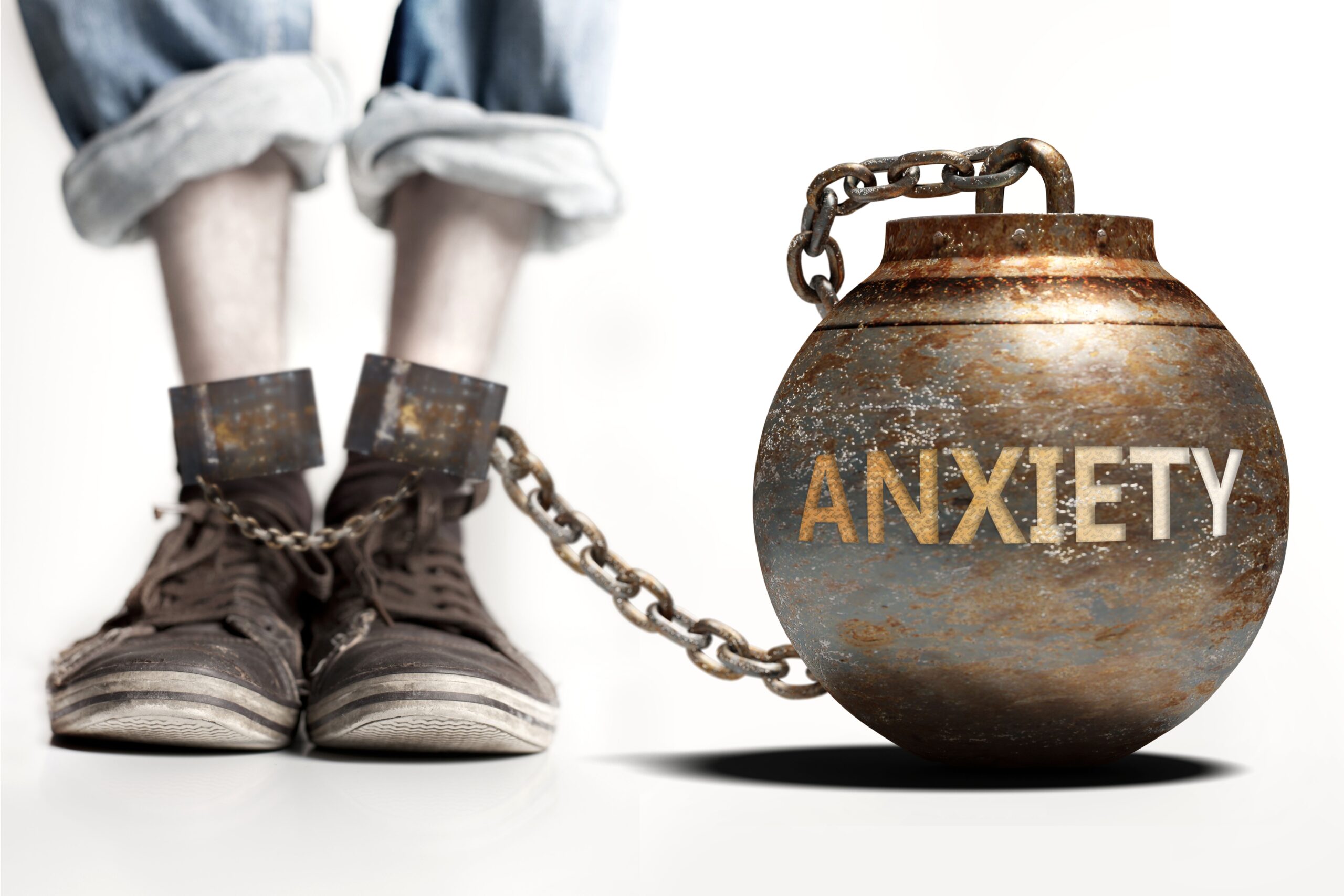
Why is this happening? People accept the demons of anxiety as part of them no matter how foreign it actually is. Much of the root of anxiety stems from the mechanism of fight or flight which humans need to survive. The struggle is that it can go unharnessed throughout someone’s life, leaving them without a truly authentic compass of what they should actually be worried about. It is holding them in a constant state that everything should be a concern.
What I have learned is that so much of anxiety is rooted in large and small traumas we have experienced in our lives. I know trauma seems like an extreme word, so let me explain. Quite simply a trauma like chronically being talked down to by a parent, can trigger our sense of wellbeing into a state of fear/anxiety. Without knowing, we are living in fear of the parent’s mood and what may be thrown our way. We are watching for outside signals that may harm our wellbeing. This leaves us in a constant state of anxiety or fear.
It amazes me how when we stop, sit with ourselves, and think/feel back to the environments of our childhood, so often we find very troubling situations. A good barometer to use when thinking back to your childhood is to ask yourself if you would treat your child or a child the way you were treated. When I ask this question, I nearly always get a fast response of “No!” At times, people are not aware that their childhood was troubling, but if they think of treating their child the way they were treated they realize something is off.
I encourage you to sit with your anxiety and get to the underbelly of its story. What is it trying to tell you? This is a more empowering stance than fighting it. I think most would agree, if you fight it you really never win.
